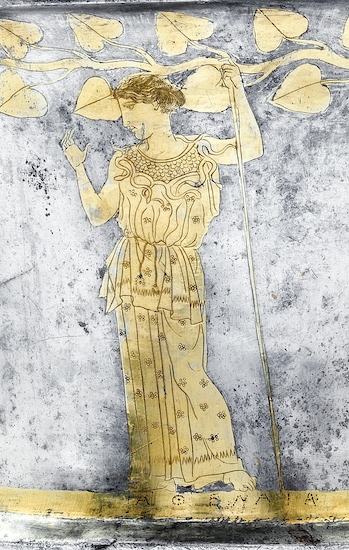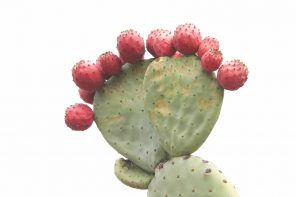“You can’t always get what you want,” The Rolling Stones sang. “But sometimes, you get what you need.”
That’s how we feel about our May Visionary Gardens issue. It’s not exactly the issue we planned. Both our When & Where and Watch pages are a bit thin. And yet, it’s the issue all of us need right now as we continue to shelter in place amid the coronavirus. As we hunker down, it’s the perfect time to “cultivate our gardens,” as Voltaire would say, literally and metaphorically. So we have a story about the trend to revive the wartime victory garden by planting summer and fall vegetables for greater self-sustenance. Doug, our in-house Dionysus, shows you how to make wine at home. Cami tells you how to make your homes sanctuaries for plants and cut flowers. Jeremy clues you into terrific takeout (and curbside pickup). Ellen Easton, tea expert extraordinaire, offers everything you ever wanted to know about the beverage (and then some) while helping you personalize a virtual afternoon tea that can be as formal or informal as you’d like.
Of course, when it comes to home and gardens, some of us are less green thumbs than all thumbs, as you’ll see in our opening essay in which we explore the perils of plant parenting — particularly for us Athena types, warrior goddesses with mothering issues. This kind of story — in which one thing (plant parenting) really stands in for another (the complex parent-child bond) — is, of course, the essence of WAG: We’re a sophisticated, cultural luxury lifestyle magazine. In times of stress, you can’t lose sight of who you are. But like flora and the fauna that feed on them, you adapt to changing times. And so, as always, we balance the purposeful with the escapist.
Jeremy, who does both beautifully, profiles photographer-environmental activist J Henry Fair as well as Mark and Jody Rollins, business retirees who’ve re-bloomed as coaches for would-be retirees. Then Jeremy switches gears to recall his favorite exotic haunts while also introducing us to some of the ladies of the Bourbon Women Association. Debbi, whose ability to transform the world through luxe beauty products and travel gifts remains unparalleled, has a bouquet of them for mothers — who, yes, will set sail once again someday. And Barbara recalls an historic Viking River Cruise to Amsterdam, land of tulips.
Meanwhile, Phil, who can ferret out an unusual story like nobody’s business, has poppies on the brain as he recalls the intrigue behind the troubled international thriller “The Poppy is Also a Flower” (1966). Gregg catches up with singer-actress Lucie Arnaz, daughter of Lucille Ball and Desi Arnaz, wife of actor Laurence Luckinbill and former Katonah and Connecticut resident. Though Arnaz, who’s scheduled to appear to Feinstein’s 54/Below in June, now makes her home in California, it’s clear she left her heart in WAG country. And Robin brings a smile to your face with a Pet Portrait of Susan Herbert’s book “Impressionist Cats.” Who knew the finicky felines deigned to “pose” for Monet and company?
Meanwhile, Katie’s column on botanical art objects and our bouquet of local nature-inspired art will stir those collecting juices. Now may not be the right moment for new acquisitions. But while we have to have our practicality, we have to have our dreams, too.
In a way, our cover subject, Marc Hruschka, synthesizes both. The recently appointed president and CEO of Graff USA — whom we met at the Graff boutique in The Vault, one of The Saks Shops at Greenwich, before the lockdown took place — is remarkably down-to-earth for someone who’s a leader in a dazzling field. He reminds us very much of Edna Ferber’s description of wheat and emeralds in the novel “So Big” (1925). Wheat people are of the land. Emeralds are the artistic folk. Marc — a Westerner who has a 20-acre spread in Texas but also lives in Manhattan — is both wheat and emeralds, a lover of the great outdoors as well as of Graff’s aesthetic, which includes floral- and butterfly-inspired diamonds.
Why should we care about diamonds or the arts or anything of decorative beauty in a time of disaster?
Because like the land itself, it’s something that lasts, something that has value, something to remind us of better days ahead.





